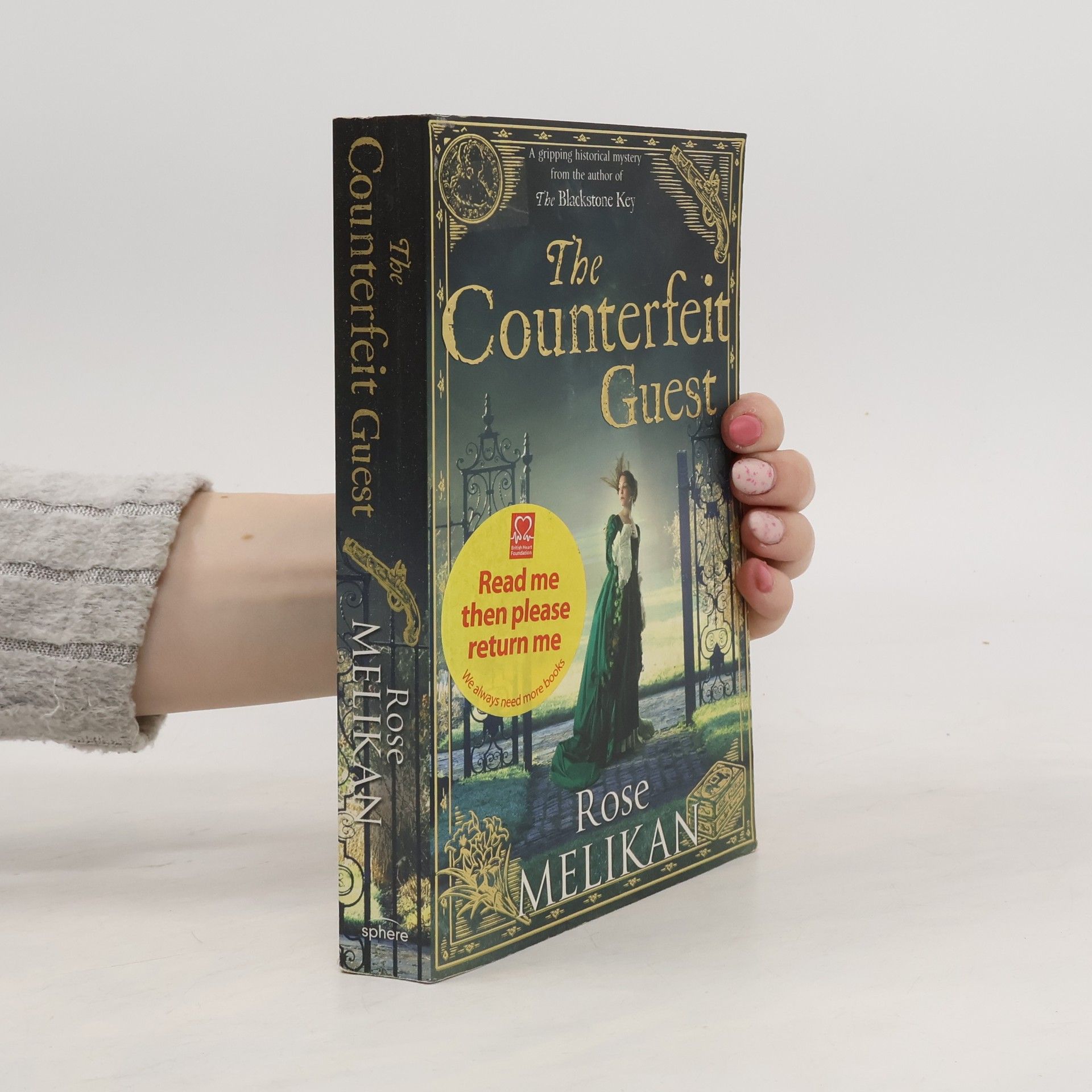There's something about Mary . . . Rose Melikan's spirited adventuress returns in a brilliant new historical mystery
Rose Melikan Books
Rose Melikan delves into the intricacies of history and law, illuminating the complex mechanisms of British constitutional history. Her academic approach, honed by extensive education and her position at the University of Cambridge, allows her to dissect past events with a unique perspective. Melikan examines how historical structures have been shaped and how they continue to influence the present. Her writing is characterized by its precision and deep understanding of institutional development.




The Blackstone Key
- 464 pages
- 17 hours of reading
1795, and a young woman called Mary Finch travels in haste from Cambridge to the Suffolk coast. She has been invited to meet her wealthy uncle - and so end a twenty-year estrangement. But before she reaches her destination she discovers a dying man on the road. He is a stranger, and yet he is carrying an oddly familiar watch bearing her uncle's initials. He also seems to know who Mary is, and hints that she is in terrible danger. His whispered warning soon exposes Mary to a ruthless conspiracy that threatens not only her family's reputation, but her very life. Far from home, Mary must learn quickly how to distinguish friend from foe. Can she trust the two men who want to help her? What is their interest in the mysterious Blackstone Key? Does it guard a secret treasure, or might it have a more sinister purpose...' The first in an exciting new mystery series, The Blackstone Key is a gripping and vivid historical adventure that will appeal to fans of such classic tales as Jamaica Inn.
John Scott, Lord Eldon, 1751-1838
- 396 pages
- 14 hours of reading
The biography explores the life and impact of a significant Lord Chancellor during the Georgian era, shedding light on his political influence and contributions. It offers a detailed examination of his role in shaping legal and political frameworks, providing insights into the complexities of Georgian political life. Through thorough research, the author presents a nuanced portrait of a key figure whose legacy has been overlooked in historical narratives.